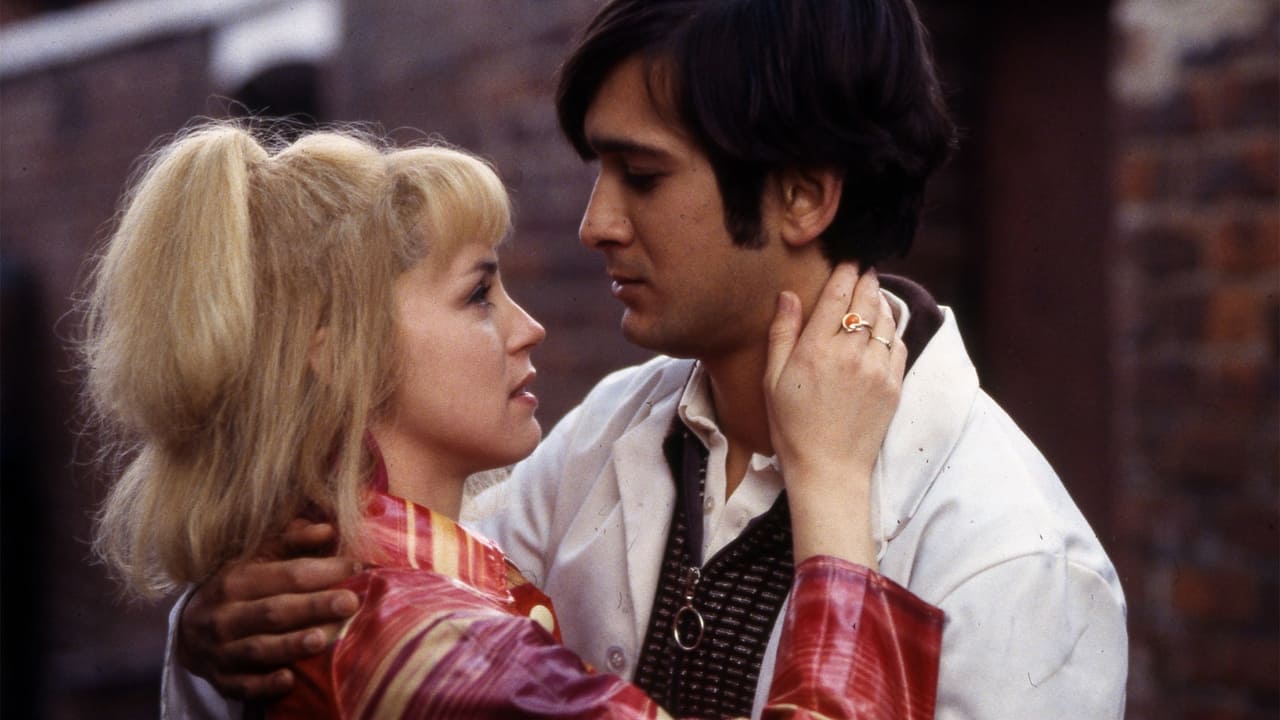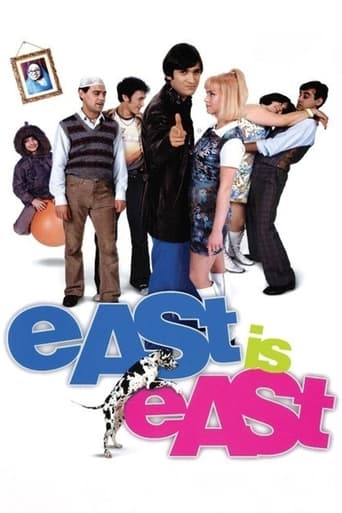

This movie was made specifically with only one object at mind. Ridicule Pakistan and Muslims and its culture. Starting with the very first scene which says "George Khan moved from Pakistan to England in 1937. There was NO Pakistan in 1937. It was simply India and they couldn't say he moved from India then western viewers will identify him as Indian NOT pakistani. And they simply did not make the date AFTER 1947 because then the scene with the 1971 war references would become meaningless as his children wouldn't have grown up by then. This is a careful and methodically planned cultural murder. All actors are Indian or of Indian descent, Om puri, Archi Punjabi, Jimi Mistry, emil marwa, etc. Indians are usually passive aggressive people and don't lash out on the face but rather carefully and meticulously plan projects like these to methodically humiliate what they hold a grudge against. I will make sure I post this on all major western websites.
... View MoreDamien O'Donnell made his feature debut with this comedy-drama adaptation of the play of the same name by Ayub Khan-Din that took home the Alexander Korda BAFTA Award for Best British Film amongst a slew of other awards and accolades as well as a healthy commercial return and a sequel in the works.The extraordinary Om Puri puts in a powerful performance as the bewildered head of family with able support from the resplendent Linda Bassett as the long suffering British wife as well as Jimi Mistry, Raji James, Jordan Routledge and the gorgeous Archie Panjabi as the children of the mixed-ethnicity household growing up in 1970's Salford.The fledgling Irish director shows a surprising sympathy for the material in his big screen reworking of Khan-Din's deeply personal theatrical production that draws both moments of high comedy and deep tragedy from it's pitch perfect characters without ever resorting to mocking them or their beliefs.Mum! Mum! The Pakis are here!
... View More"East is East", not only a movie about a Pakistani family in England. The story of the "Khan-Family"is typical for most families all over the world. On the one hand, George is very strict and wants to control the family and on the other hand Ella loves her family and tries to protect them. But the whole family loves each other most the time. The story is underlined with many filming techniques very well, so that you can identify with the characters. The situations in this movie are not so positive for the members of the Khan family, but with a little bit of British humour it becomes funny. Because of this " East is East" s not a normal tragedy, it is also a comedy. All in all it is a movie about family-life with a touch of Asian culture.
... View MoreThe movie "East is East" mainly shows the difference between Parkistani and European families.One of the main characters George Khan is the father of the family which clarifies this difference the most.He is cleaved between the love to his family and teaching his children the Parkistani life. But this isn't so easy easy it seems, because nearly every member of his family has his own way to dispute the Parkistani life. This is already point up at the beginning,when the oldest son "Nazir" runs away from his wedding,by the reason that he is gay. As well his brother "Tariq" is the rebel of the family, he fights against that, what his parents want him to do. Also Saleem another son, is a art student,what is against his fathers idea to become a Ingeneur. Maneer seems to be the only child of the seven, which stands behind his father. So it is shown, that nearly everybody of the Khan family isn't a perfect Parkistani. In fact of that, it isn't an astonishment, that at the end of the film happens a big conflict with George Khan ,where everybody fights against them, till the very surprising end. I think the film is great to show the difference of the Asian culture in the family aspect.There is a good suspense and every time there happened a new mistake , which shouldn't happened in a Parkistani family!
... View More